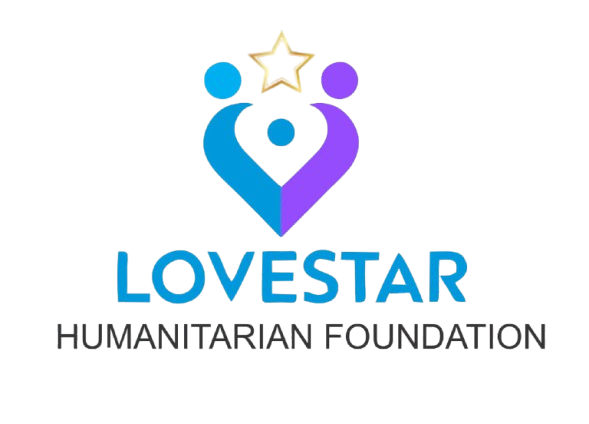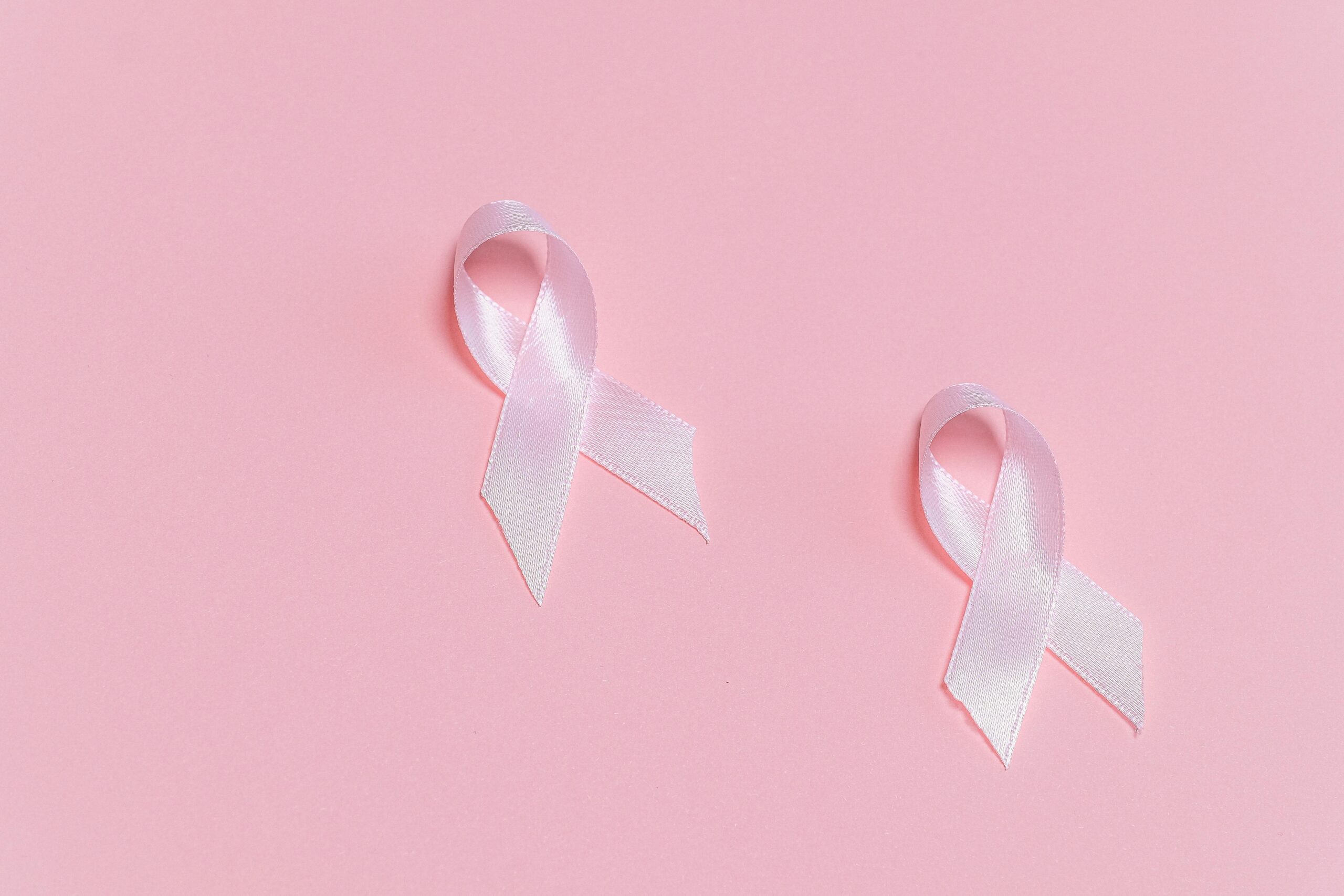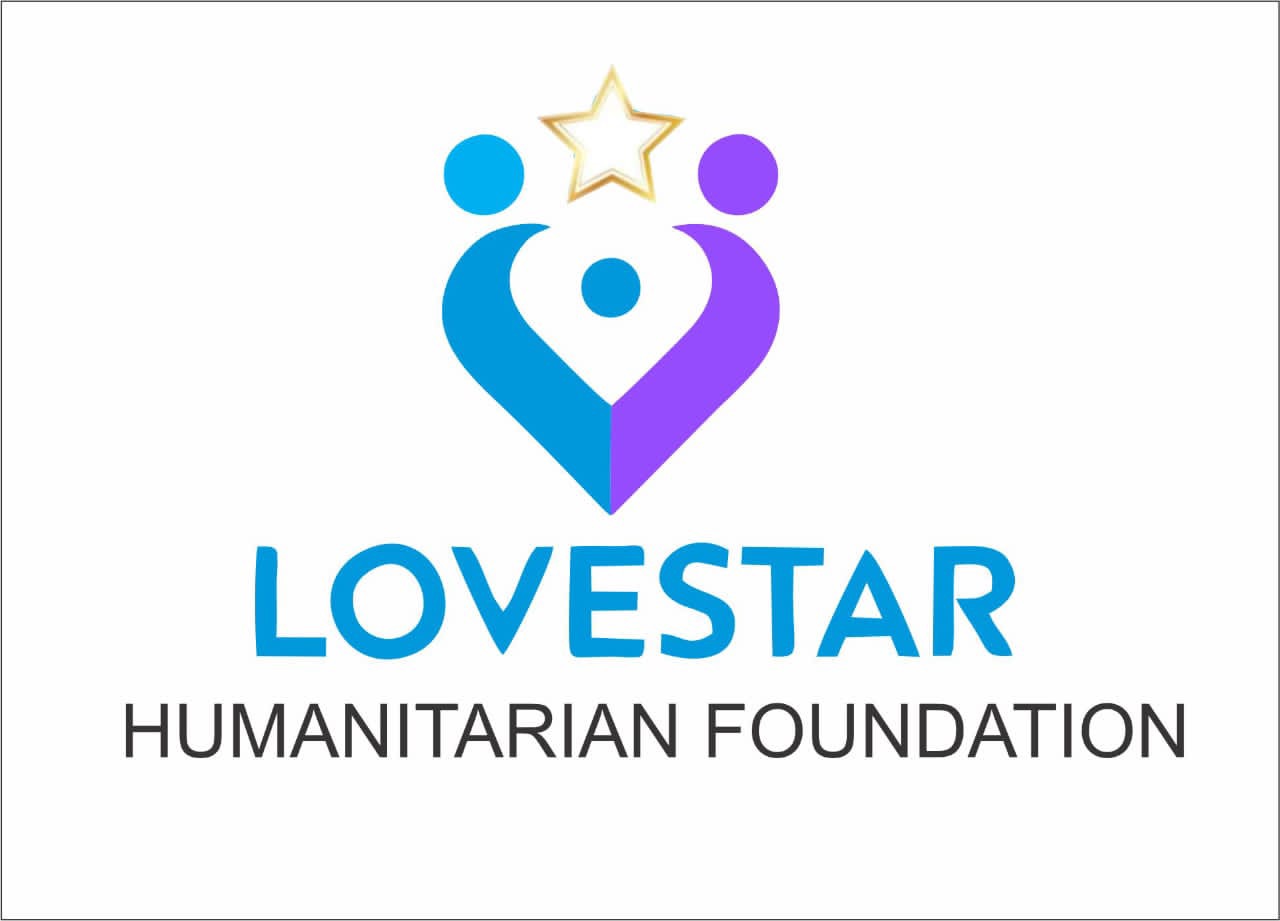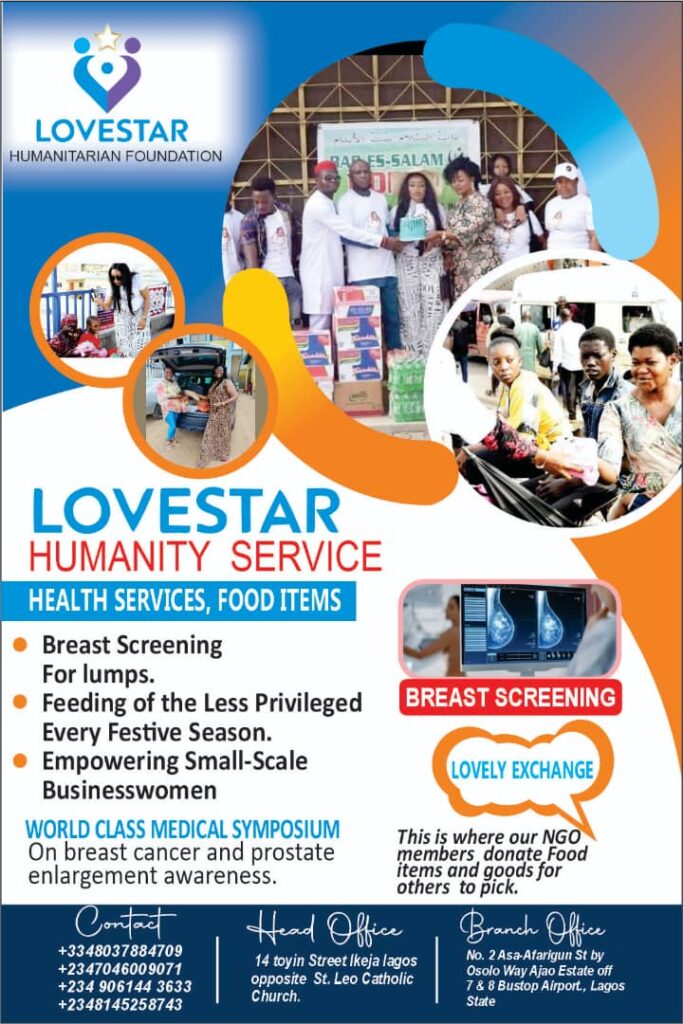Cancer remains one of the leading causes of death worldwide, and among the most common types are prostate cancer (affecting men) and breast cancer (primarily affecting women, though men can get it too). Awareness, early detection, and healthy lifestyle choices play a crucial role in preventing and treating these two cancers.
Prostate Cancer
What is Prostate Cancer?
Prostate cancer occurs in the prostate gland—a small, walnut-shaped organ in men that produces seminal fluid. It is one of the most common cancers in men, especially those over 50.
Symptoms of Prostate Cancer
Early-stage prostate cancer often has no symptoms, but as it progresses, men may experience:
- Difficulty urinating
- Weak or interrupted urine flow
- Blood in urine or semen
- Pain in the hips, back, or pelvis
- Erectile dysfunction
Risk Factors
- Age: Risk increases with age, especially after 50.
- Family History: A father or brother with prostate cancer doubles your risk.
- Race: African men are at higher risk.
- Diet and Lifestyle: High-fat diets, obesity, and lack of exercise increase risk.
Screening and Diagnosis
- PSA Test: Measures prostate-specific antigen levels in the blood.
- Digital Rectal Exam (DRE): A physical check of the prostate.
- Biopsy: To confirm the presence of cancer cells.
Treatment Options
- Active surveillance (monitoring low-risk cancers)
- Surgery (prostatectomy)
- Radiation therapy
- Hormone therapy
- Chemotherapy (for advanced stages)
Breast Cancer
What is Breast Cancer?
Breast cancer starts in the cells of the breast. It is the most common cancer among women globally but can also occur in men (though rare).
Symptoms of Breast Cancer
- A lump in the breast or underarm
- Change in breast size or shape
- Dimpling or puckering of the skin
- Nipple discharge (other than breast milk)
- Redness, scaliness, or thickening of the breast skin or nipple
Risk Factors
- Gender: Women are at higher risk.
- Age: Risk increases with age.
- Family History: A mother or sister with breast cancer raises your risk.
- Hormonal Factors: Early menstruation, late menopause, and hormone therapy can increase risk.
- Lifestyle: Alcohol, obesity, and lack of physical activity are risk factors.
Screening and Diagnosis
- Breast Self-Exam: Recommended monthly.
- Mammogram: X-ray of the breast, vital for early detection.
- Ultrasound and MRI: For further evaluation.
- Biopsy: Confirms if a lump is cancerous.
Treatment Options
- Surgery (lumpectomy or mastectomy)
- Radiation therapy
- Chemotherapy
- Hormone therapy (especially for hormone-receptor-positive cancers)
- Targeted therapy (e.g., HER2 inhibitors)
Prevention Tips for Both Cancers
- Eat a balanced, low-fat diet rich in fruits and vegetables.
- Exercise regularly and maintain a healthy weight.
- Avoid smoking and limit alcohol consumption.
- Get regular screenings, especially if you’re over 40 or have a family history.
- Know your body and report any unusual changes to your doctor.
Conclusion
Both prostate and breast cancers are serious but treatable when detected early. By staying informed, getting regular checkups, and leading a healthy lifestyle, individuals can significantly reduce their risk. Early detection is not just key—it’s life-saving.







